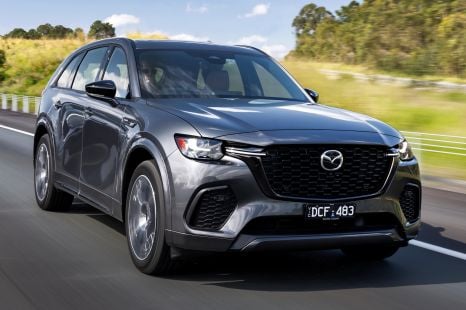

Jack Quick
7.9
6 Days Ago
Genesis has revealed it's only going to have six models in its 2030 model line-up, which is two less than the previously stated eight.

Contributor


Contributor
Is Genesis moving away from hydrogen?
The South Korean luxury automaker has quietly removed two models from its promised 2030 line-up, and reworded its claim about the type of zero-emissions vehicles it will offer.
In September 2021, the brand said it would be a “100 per cent zero-emission vehicle brand” and have an “EV lineup consisting of eight models” by 2030.
A teaser image of the eight vehicles from the same time shows three sedans, a coupe, and four high-riding models, and at release was captioned “eight hydrogen-electric vehicles and battery electric vehicles”.
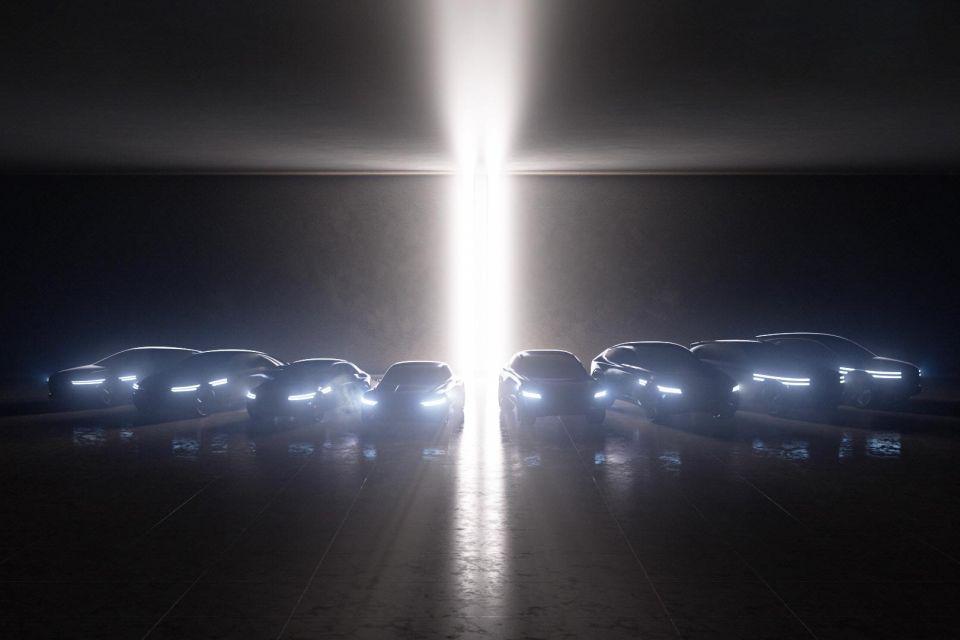
Some brands use the term “EV” to describe both battery-electric and hydrogen fuel-cell (FCEV) cars, Genesis included.
Today, however, Genesis used the press release for its X Speedium Coupe concept to claim it will be an “all-electric car brand with a six-model line-up by 2030”.
This prompts two questions. First up, why has Genesis changed its plans from eight to six cars? Secondly, why has it changed its language from “zero-emissions” to “all-electric car”?
It looks like Genesis is moving away from hydrogen. The term “zero-emissions vehicle” doesn’t lock the brand into a particular form of propulsion, and allows for hydrogen fuel-cell vehicles to sit alongside battery electric vehicles in the range.
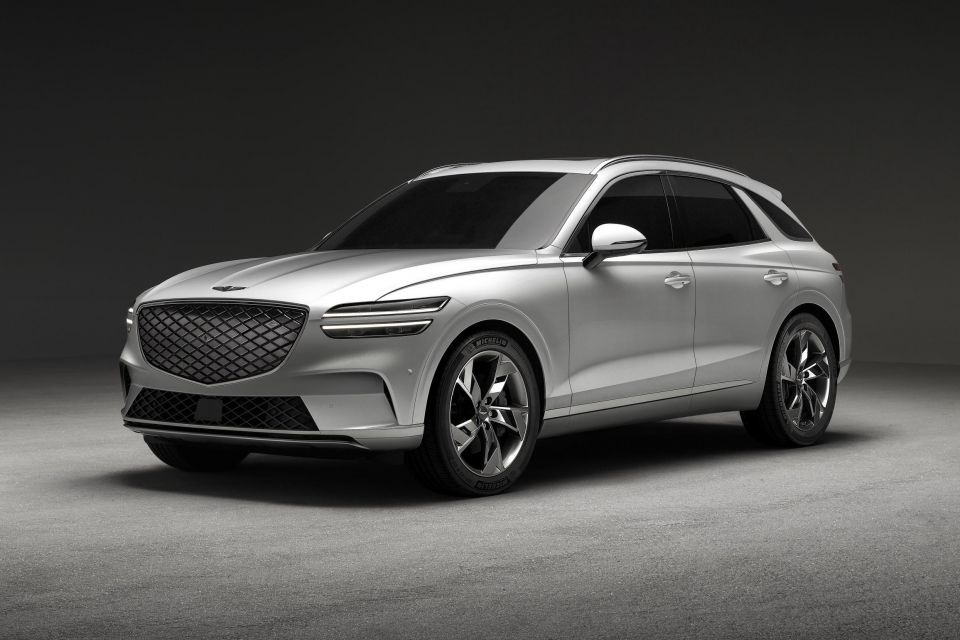
The term “all-electric car brand” isn’t nearly as open, and suggests hydrogen fuel cells have been dropped from the plan.
Genesis has previously issued the following statement in regard to its hydrogen future –
“With the organizational expansion and reformation, Hyundai Motor Group is in the process of fine-tuning the direction and timing of R&D regarding hydrogen fuel cells. But, changes in development timing does not mean we are stopping the development of new vehicles.”
The change in language follows a report published by Korean outlet ChosunBiz late in December 2021 claiming Genesis has frozen its hydrogen fuel-cell vehicle development program.
“It is known that there are evaluations from within the company that the core technology and marketability of hydrogen cars do not meet expectations,” the report (translated from Korean) says.
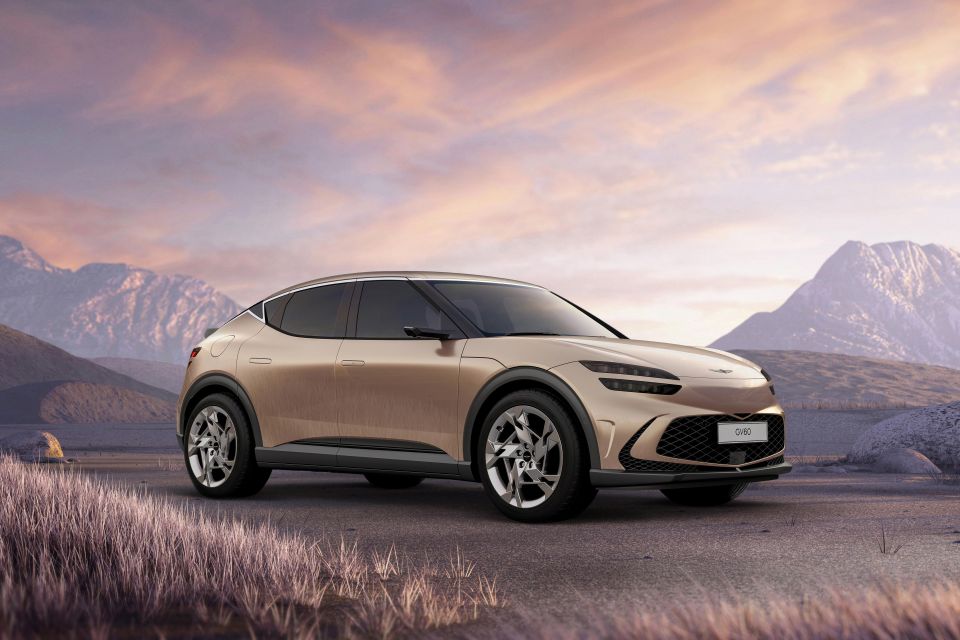
“According to industry sources on the 28th, Hyundai Motor Company has recently suspended the development of 3rd-generation hydrogen fuel cells for use in Genesis hydrogen vehicles,” it says.
Hyundai and Rimac have previously announced plans to developed a fuel-cell sports coupe; it’s possible the Genesis version of the car – represented by the coupe in the eight-vehicle teaser published above – is one of the casualties for the 2030 range.
Official Genesis press materials still say the brand will be “focusing on a dual electrification strategy from 2025 involving both hydrogen fuel-cell electric vehicles (FCEVs) and battery electric vehicles (BEVs)”.
The automaker has previously confirmed it won’t be introducing any new internal combustion engine (ICE) vehicles from 2025, and it’s aiming to become fully carbon neutral by 2035.
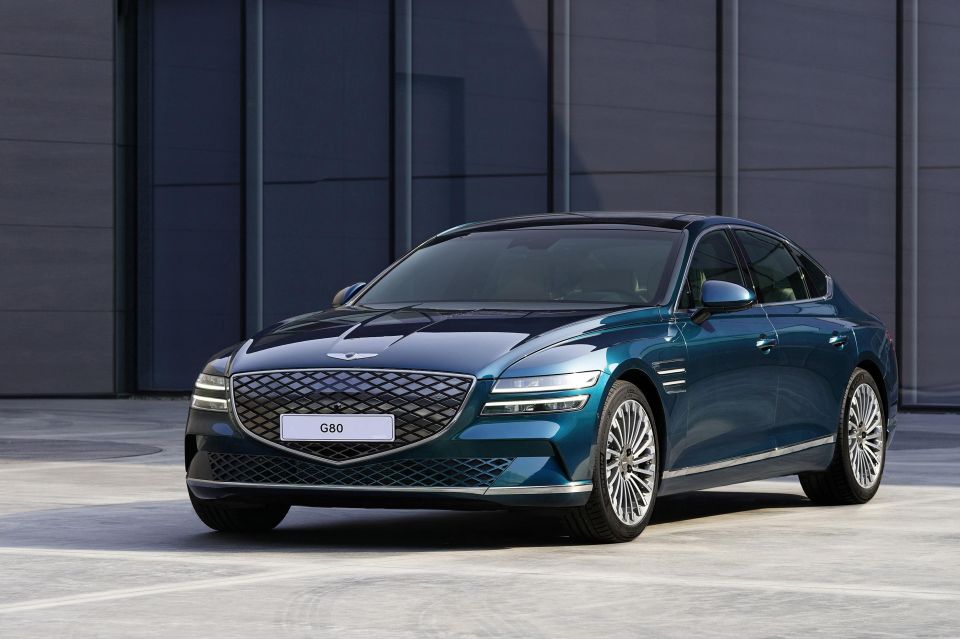
The current Genesis zero-emissions range includes three models: the GV60 crossover, Electrified GV70 SUV, and Electrified G80 sedan. All three are expected to arrive in Australia during the first half of 2022.
Genesis currently doesn’t offer a hydrogen fuel-cell vehicle, but its previous announcements about a hydrogen future are based on the Hyundai Motor Group’s heavy investment in the segment.
Other automakers such as Audi and Mercedes-Benz have previously ruled out hydrogen for their cars and SUVs.
Genesis in its current stand-alone form was founded in 2015 as a luxury subsidiary of Hyundai Motor Group.
Take advantage of Australia's BIGGEST new car website to find a great deal on a Genesis.
Jack Quick is an automotive journalist based in Melbourne. Jack studied journalism and photography at Deakin University in Burwood, and previously represented the university in dance nationally. In his spare time, he loves to pump Charli XCX and play a bit of Grand Theft Auto. He’s also the proud owner of a blue, manual 2020 Suzuki Jimny.


Jack Quick
7.9
6 Days Ago
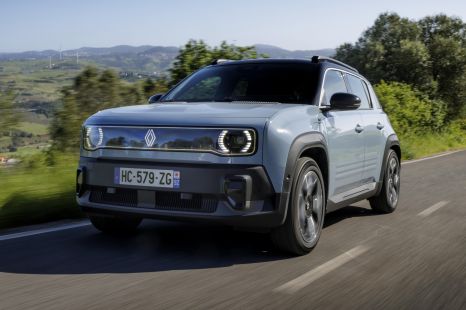

Neil Briscoe
5 Days Ago
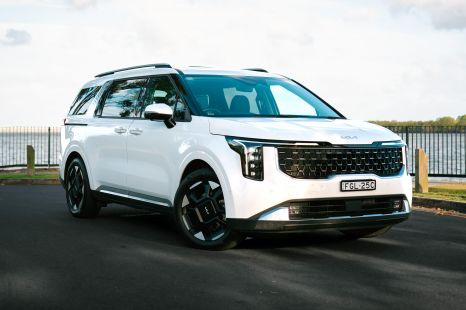

William Stopford
8.5
4 Days Ago
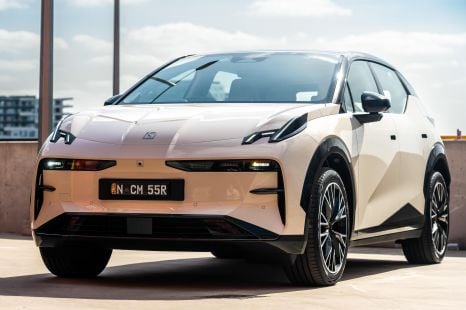

James Wong
7.9
3 Days Ago
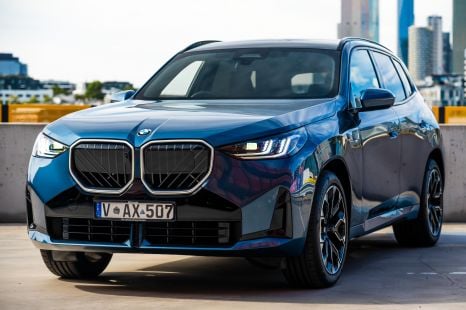

Jack Quick
8.4
2 Days Ago
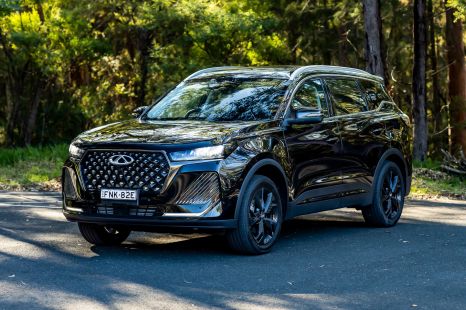

Matt Campbell
8.1
24 Hours Ago